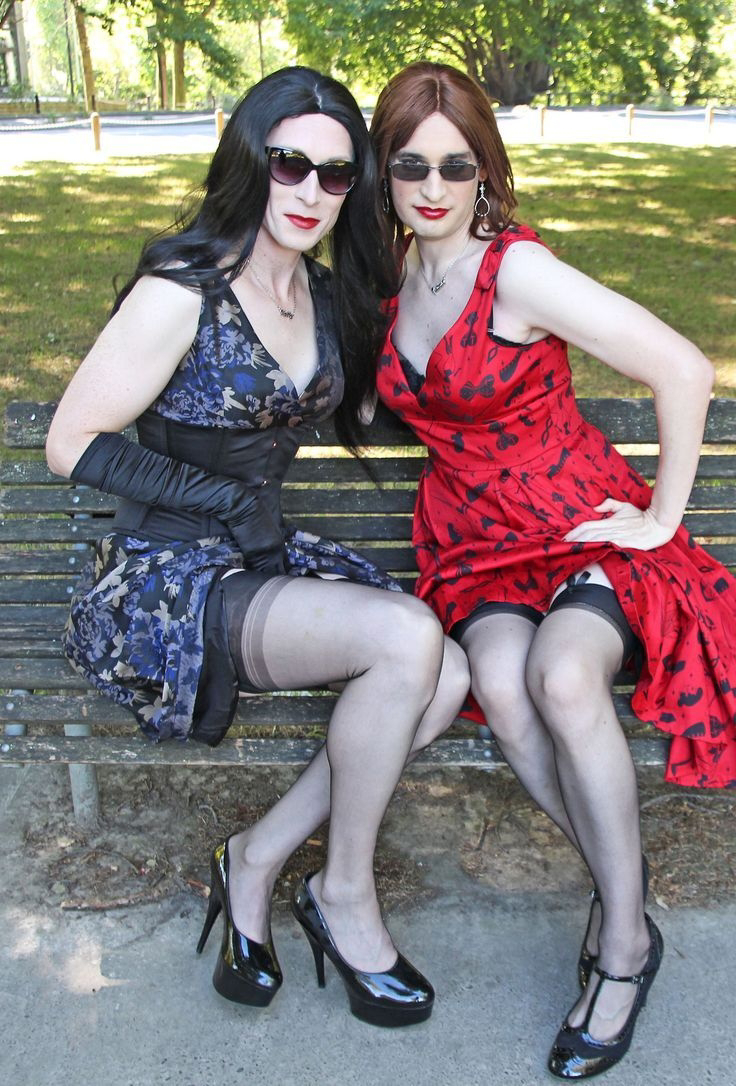Tuesday, 4 March 2025
The fact that doctors still perform non-consensual and non-medically necessary surgeries on intersex people just because they are different shows how binary sex—like binary gender—is a political construction. These people are not accidents or malfunctions; this is how human diversity works.”― Alok Vaid-Menon, Beyond the Gender Binary
As I realise that I am going to be intersex my whole life. Years and years and decades, maybe for seventy years, I’ll be like this. And, unless I find someone who doesn’t mind having sex with me, I’m going to be alone all that time. I’ll probably be alone all that time. Think. How difficult it is for people to find someone they love, who likes the same things as them, who has the same values, who wants the same things out of life, and then imagine adding to that the fact that they not only have to be OK with having sex with a hermaphrodite, they have to like it.Without being a totally weird pervert, I add to myself.”― Abigail Tarttelin, Golden Boy
While the overall systems of heterosexism and ableism are still with us, they have adapted in limited ways. These adaptations are held up as reassurance to those who fought long and hard for a particular change that equality has now been achieved. These milestones—such as the recognition of same-sex marriage, the passage of the Americans with Disabilities Act, Title 9, the election of Barack Obama—are, of course, significant and worthy of celebration. But systems of oppression are deeply rooted and not overcome with the simple passage of legislation. Advances are also tenuous, as we can see in recent challenges to the rights of LGBTQI (lesbian, gay, bisexual, transgender, queer or questioning, and intersex) people. Systems of oppression are not completely inflexible. But they are far less flexible than popular ideology would acknowledge, and the collective impact of the inequitable distribution of resources continues across history. COLOR-BLIND RACISM What is termed color-blind racism is an example of racism’s ability to adapt to cultural changes.3 According to this ideology, if we pretend not to notice race, then there can be no racism. The idea is based on a line from the famous “I Have a Dream” speech given by Dr. Martin Luther King in 1963 during the March on Washington for Jobs and Freedom. At the time of King’s speech, it was much more socially acceptable for white people to admit to their racial prejudices and belief in white racial superiority. But many white people had never witnessed the kind of violence to which blacks were subjected. Because the struggle for civil rights was televised, whites across the nation watched in horror as black men, women, and children were attacked by police dogs and fire hoses during peaceful protests and beaten and dragged away from lunch counters.”― Robin DiAngelo, White Fragility: Why It's So Hard for White People to Talk About Racism
This is a problem because as we've established, not everyone meet society's requirements for being "male" or "female". Being repeatedly forced to misidentify their sex and/or rarely being acknowledged, can cause intersex people to feel isolated, invalid, and erased.”― Ashley Mardell, The ABC's of LGBT+
Subscribe to:
Comments (Atom)
-
This summary is not available. Please click here to view the post.









